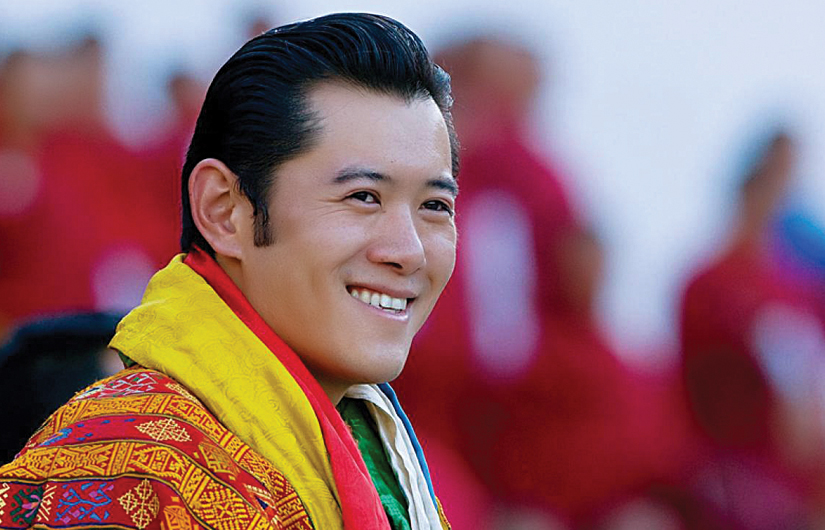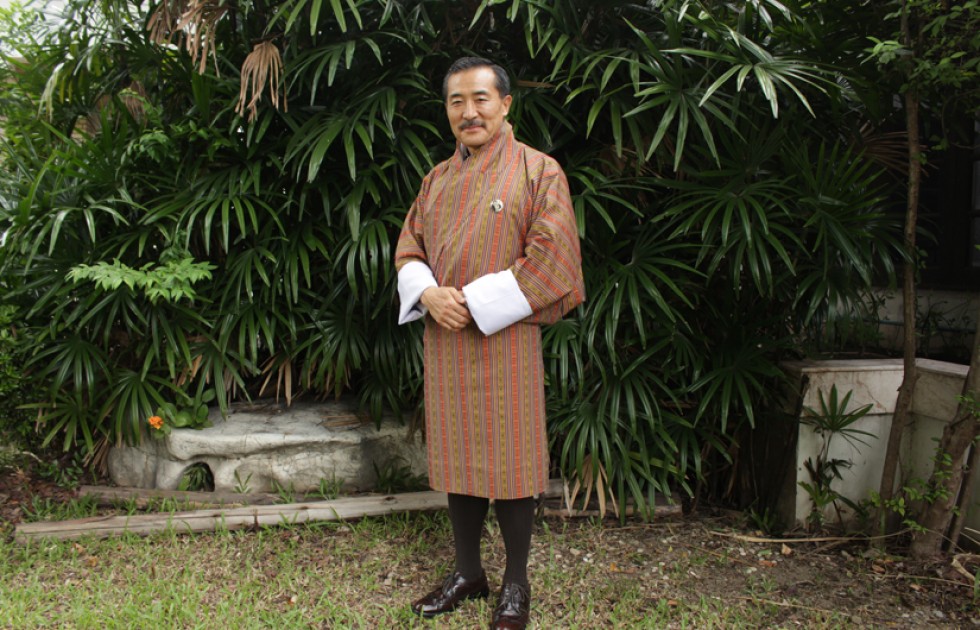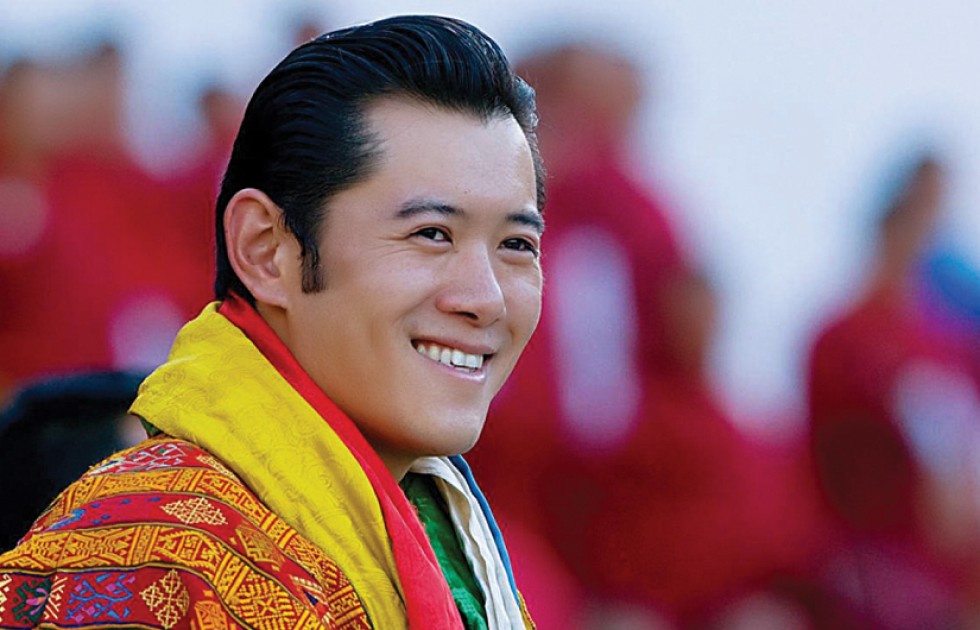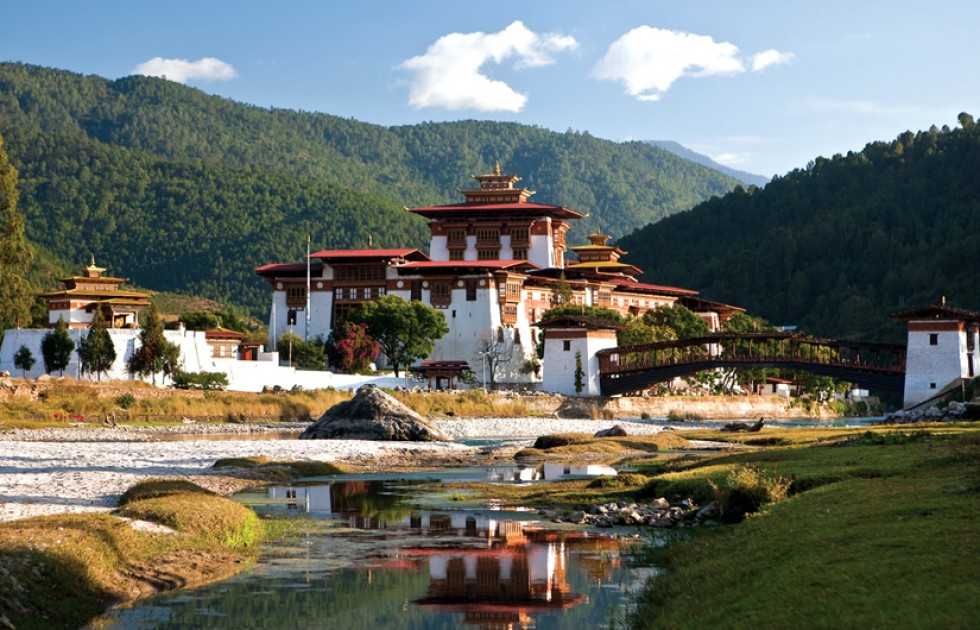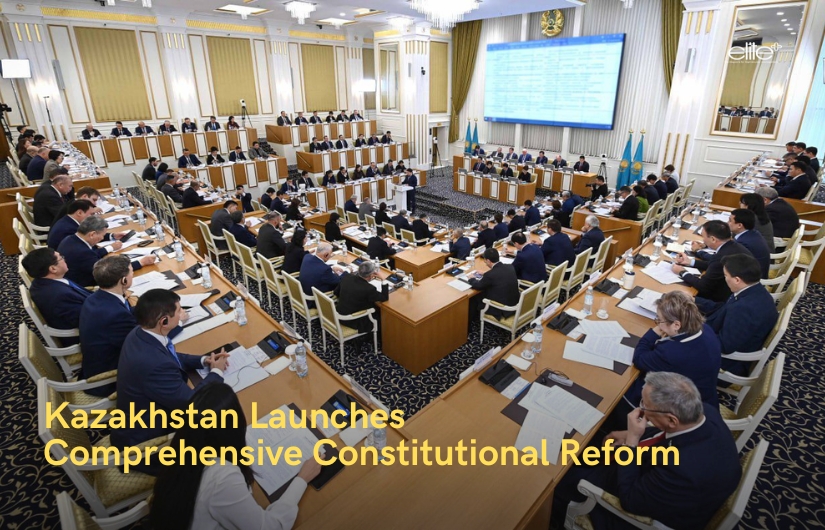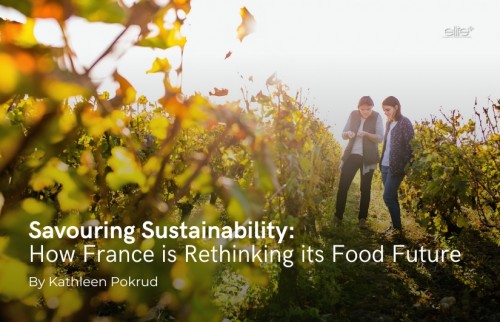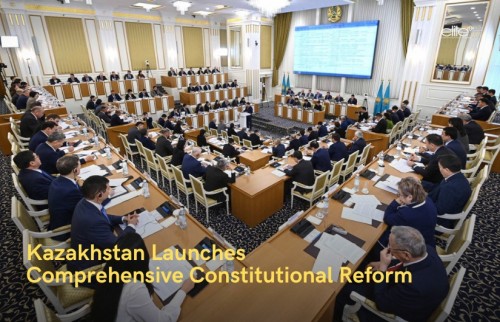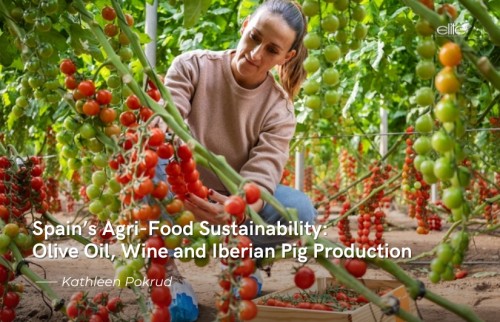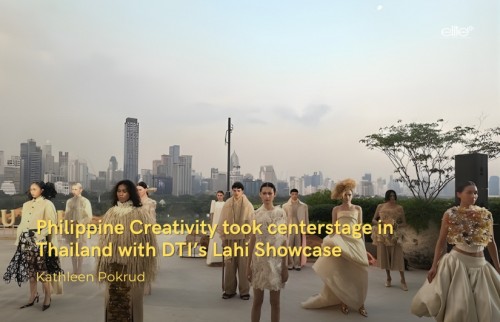For a small country with a population of under a million, Bhutan stands proud and strong thanks to its long heritage, flourishing culture and respect for the monarchy. While countries around the world strive for wealth and power, Bhutan makes happiness a national policy, prioritizing inner fulfillment while navigating the modern world in pursuit of sustainable growth.
His Excellency Kesang Wangdi, ambassador of Bhutan to Thailand, spoke to Elite+ at the Bhutan embassy in late May, to discuss gross national happiness, investment and the long relationship between Bhutan and Thailand.
- Please tell us a little about Thai-Bhutan relations.
The genesis of our bilateral relations goes way back, with visits of members of the royal family to each other’s country a very long time ago. But I would like to begin where we established formal diplomatic relations, which was in 1989. And in 1997, we had a resident embassy here. The air connectivity between the two countries was one year before the establishment of diplomatic relations.
Since then, we never looked back. In accordance with the Comprehensive Framework Agreement for Cooperation between our countries in 2004, key areas of cooperation are in HRD, trade, commerce and investment, health, agriculture, culture and religion, tourism and multilateral cooperation. Our relationship has been going from strength to strength at all levels – royal families, governments and people.
- What factors have contributed to the long and steady relationship?
There are many striking similarities between the two countries. We have a shared spiritual heritage and a deep reverence for the institution of monarchy which has been our moral centres. Another similarity is that both countries have inherited a legacy of sovereign independence. Therefore, whatever we do, in international relations or domestic policy, is always based on fairness, equity, peace and harmony.


